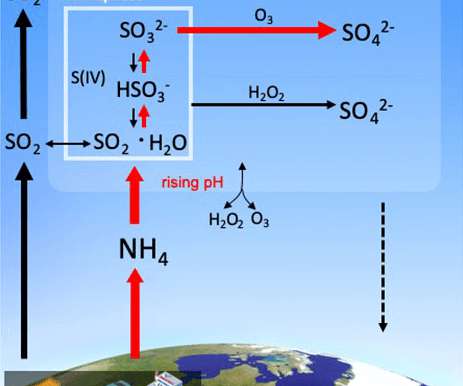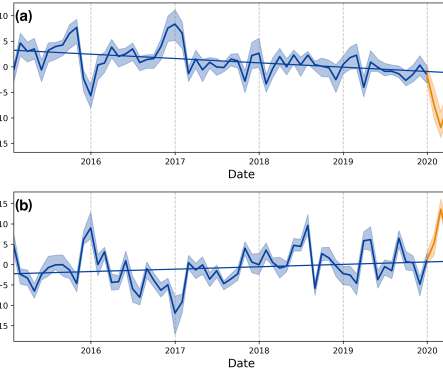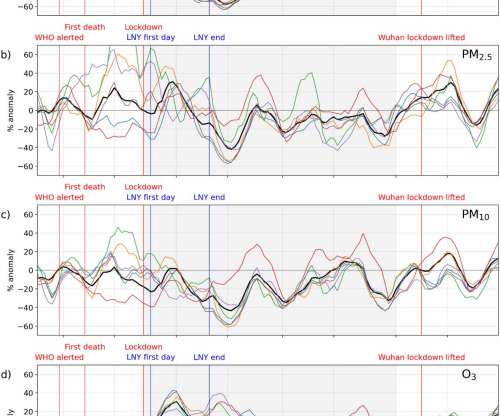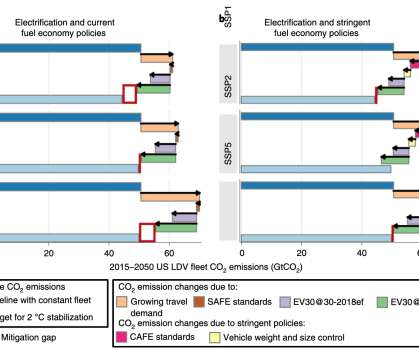Emory, ICCT: ship emissions caused ~3,700 premature deaths in Pearl River Delta region in 2015
Green Car Congress
AUGUST 29, 2019
In 2015, ship emissions increased summer PM 2.5 ppb, respectively, within the Pearl River Delta (PRD), China, according to a new study by a team from Emory University and the International Council on Clean Transportation (ICCT). Using a 2030 projected scenario for land emissions, they found that an ECA would avoid 1,194 PM 2.5





































Let's personalize your content